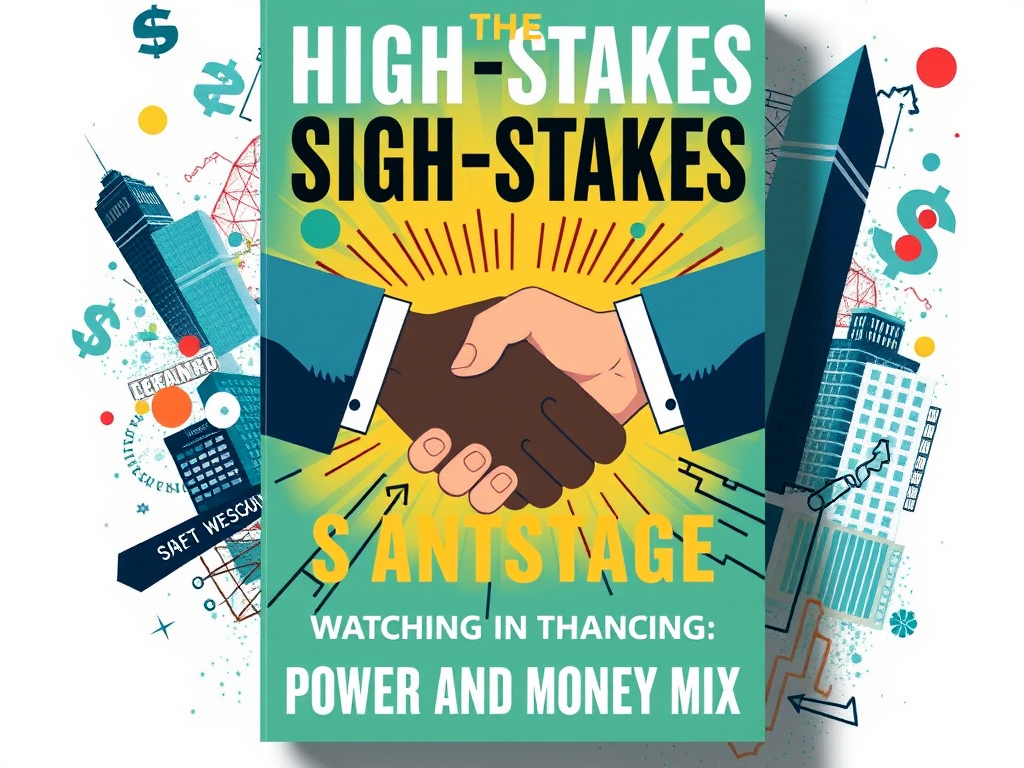You hear about these big, historical moments, right? Grand announcements, leaders shaking hands, talk of new eras and shifting alliances. And you think, “Okay, that sounds important. World stuff.” The ‘historic’ deals linked to Donald Trump and the Gulf states certainly fit that bill. They were presented on a global stage, framed as breakthroughs, steps towards peace or stability.
But then… you start to hear the other whispers. The reports, the investigations, the things people talk about quietly. And it makes you wonder about the other side of these big deals. Not just the geopolitics, but the very human element of who benefits, and how.
It feels like watching a fancy dinner party through a window. You see the important people smiling, raising glasses, talking about momentous things. But you also start to notice a few specific individuals always seem to be right there, close to the host, involved in the quieter conversations happening off to the side.
The reports suggest that alongside the official state-to-state agreements, there were paths opening up, opportunities created, that seemed to significantly benefit a small group of people. People close to the center of power at the time. Think about the access these individuals had – the phone calls, the meetings, the personal relationships built at the highest levels.
In that world, access isn’t just a privilege; it’s a kind of currency. Knowing who to call, being in the room when decisions are made, having the trust (or at least the ear) of powerful figures – that’s incredibly valuable. And when that access is mixed with the immense wealth and investment potential of certain Gulf states, well, the potential for personal gain becomes enormous.
It’s not always about a direct bribe, or some cartoonish exchange of suitcases. It’s often subtler, more sophisticated. It’s about directing business towards companies associated with certain people. It’s about securing investments in ventures linked to family members or close associates. It’s about building relationships during a time in office that can then be leveraged for lucrative opportunities after leaving office.
So, while the headlines were about “peace” and “normalization,” a different, quieter kind of benefit was reportedly flowing. Not necessarily to the average citizens of the countries involved, but to a handful of men who were positioned just right.
And honestly? It leaves a slightly sour taste. It makes you question the shiny pronouncements. It makes you wonder where the line is between legitimate diplomacy and using public office to create private advantage. It taps into that very human suspicion that when big, important things happen at the top, there are always people figuring out how to make a personal fortune from it.
It highlights the tricky, often uncomfortable reality that even the most significant acts of statecraft can be intertwined with the very human drives of ambition, influence, and wealth accumulation. It’s a powerful reminder that behind the grand narratives of history, there are always individuals, making choices, forging connections, and sometimes, quietly ensuring that the “historic” moments line their own pockets, or the pockets of those they’re closest to. And watching that happen, it just feels… a bit off.








